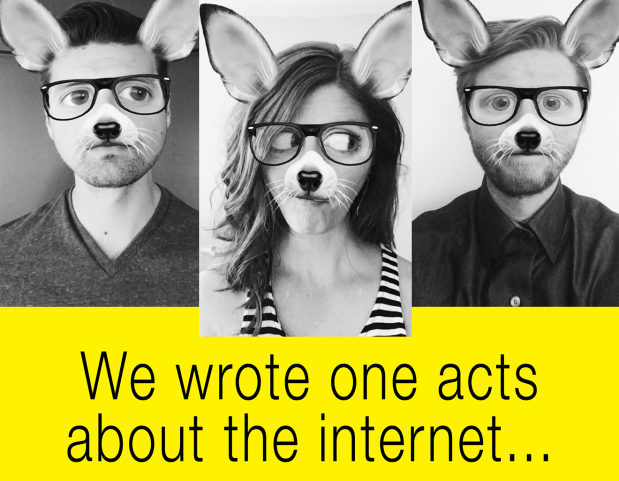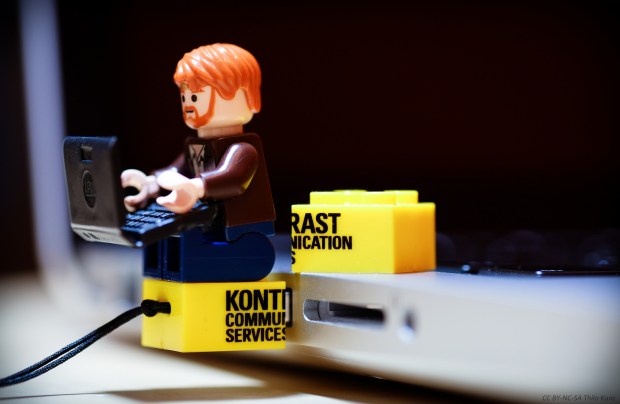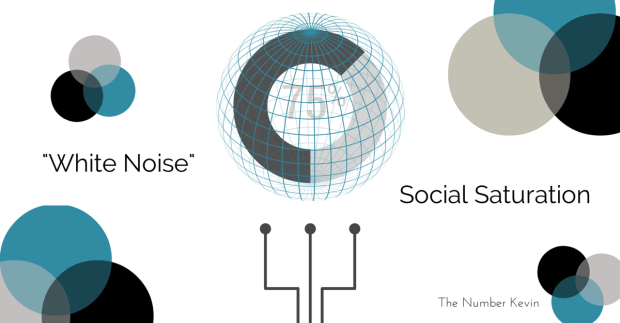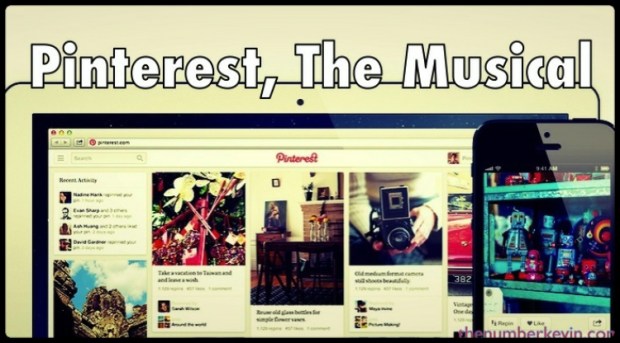During opening weekend of the 2016 Rochester Fringe Festival, I helped write, produce and act in an evening of all-new, original, one-act plays titled, “We Wrote One Acts About the Internet, and You Won’t BELIEVE What Happened Next (WOW!).”
As is obvious by the title, all one-acts were written within the theme of the internet (an idea sparked from long-distance texting with friends Leah Stacy and Pete Wayner, who helped write, produce and act). #MEPHISTOPHILIS was the first to be written, earlier this year over a random weekend in February when I was brave enough to finally turn off Netflix. The story follows Mephistophilis (Meph) — a demon borrowed from Christopher Marlowe’s The Tragical History of Doctor Faustus. When the value of souls drastically deflate (due to humanity’s obsession with technology), Meph gets fired from Hell and gets a new job at a women’s shoe store in NYC.
The evening consisted of four plays total:
- PRODUCT NAME BY PRODUCT COMPANY, written by Kevin Carr
- #MEPHISTOPHILIS, written by Kevin Carr
- TERMS & CONDITIONS, concept by Leah Stacy, Kevin Carr
- ADD YOUR COMMENT BELOW, written by Leah Stacy, Pete Wayner
While it’s always an honor to have your work performed (or, say, even looked at), it’s even better when you produce the performances and both shows sell out. I’d say we were lucky with a good venue. Writers & Books is a small community theater and book store in the heart of Rochester’s arts district. The venue size was perfect — small but not too small, intimate but not awkward.
Due to some last minute snafus we weren’t able to fully stage my longest play, #MEPHISTOPHILIS. This was a bummer. Instead, we opted for a staged reading. This means the cast does their best with my script while sitting in chairs. It’s frightening, really — how transparent a staged reading can be. There is no set design to distract, no lighting, no costume change. (more…)








